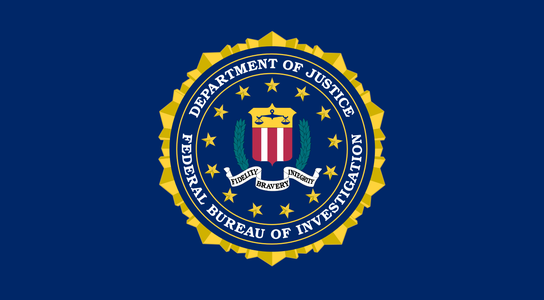Today, new U.S. federal legislation was introduced that would require the disclosure of information about the real owners of contract bidding companies (also called ‘beneficial owners’) seeking to lease high-security space to the federal government.
The bipartisan Secure Government Buildings from Espionage Act of 2017was introduced by Congressmen Stephen Lynch (D-MA) and Peter King (R-NY) in response to the recent discovery that U.S. government facilities and agencies, including the FBI, were leasing high-security space from foreign owners they knew very little about. Potential risks include security breaches, cyber-attacks, or leasing buildings which may be funded by corruption or have hidden owners that are using their rent to launder money.
The U.S. federal government is the biggest spender in the global economy, so it’s no surprise that secretly owned companies doing business with the U.S. are used to rip off taxpayers and jeopardize national security. The collection of information about the real owners of contract bidding companies is a critical step toward making it harder for the criminal, corrupt and those who threaten our national security to exploit the system at the expense of American’s tax dollars and safety.
The Government Accountability Office (GAO), which was in charge of this investigation into federal property leasing, admitted that they probably missed some risky leases in their investigation because they were unable to identify the beneficial owners of the leasing companies. The General Services Administration (GSA) – the government agency responsible for leasing office space – does not require the collection of beneficial ownership information from U.S. government contractors. This meant that the GAO could not identify the owners of one-third of the government’s leases at high-security spaces as of March 2016.
In one instance, even when the GSA provided the GAO with a list of 17 spaces they believed they were leasing from foreign owners, the GAO reported it was not able to validate those reported owners in seven cases due to a lack of ownership information in government records.
So, we have no systematic way of knowing who the people behind these facilities are, whether they are the sort of people the federal government should be leasing properties from in the first place, or whether by doing so we’re exposing U.S. government operations to serious security breaches. In fact, the GSA told the GAO investigators that there are very limited resources available to them that would enable them to identify building owners in order to effectively carry out important due diligence checks.
The legislation introduced today would equip the U.S. Government with the information it needs to ensure that it knows exactly who it’s doing business with. It is also a critical step toward empowering agencies like the GSA to protect our national security, including our troops and civil servants, as well as American taxpayers.
To learn more about this legislation, the GAO’s investigation and findings, and the importance of company ownership transparency in government contracting, join us for a brown bag event in Washington, DC, “When USG Leases High-Security Space from Foreign Owners” on Thursday, May 18 at 12p.m., EST.

